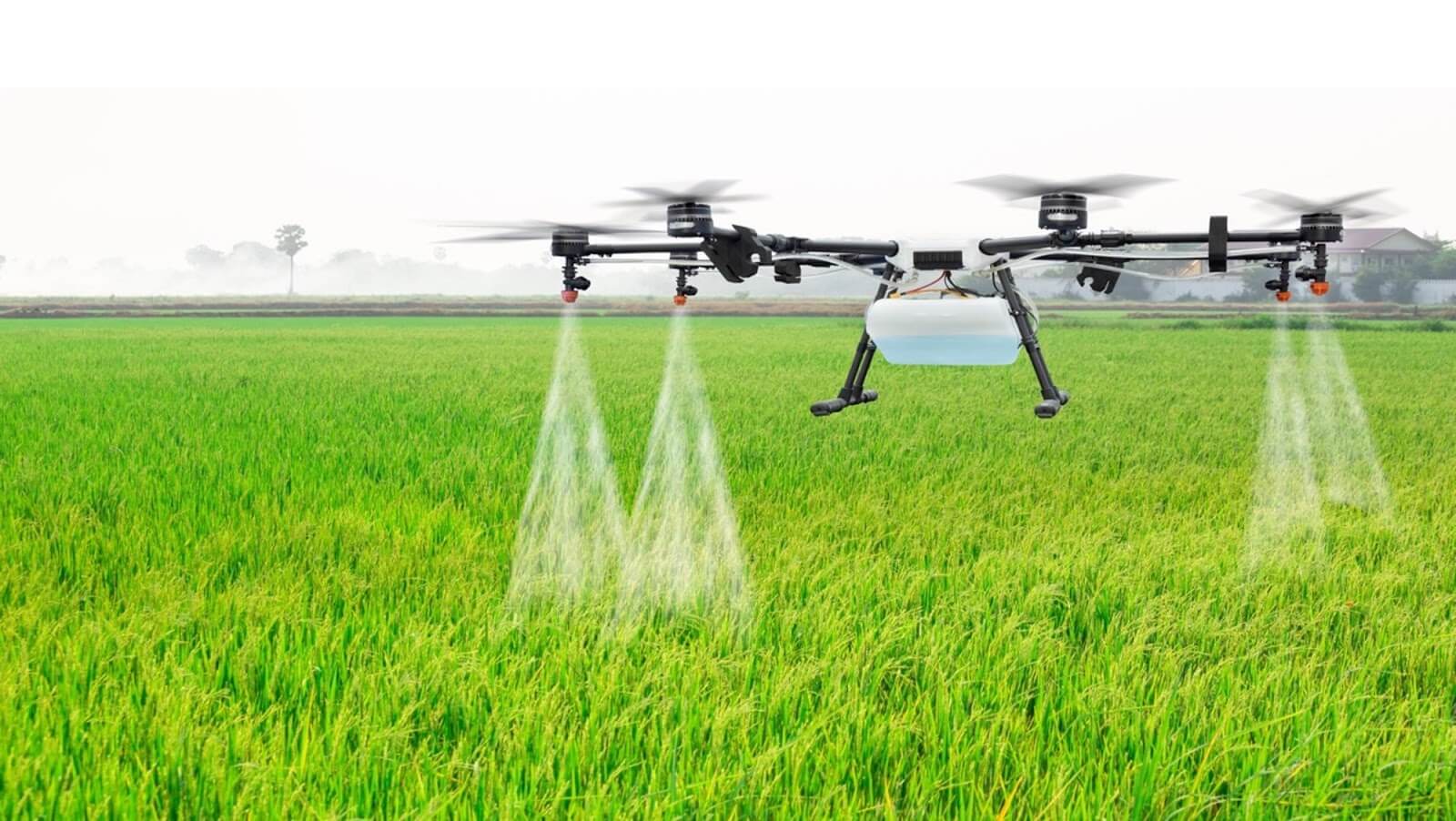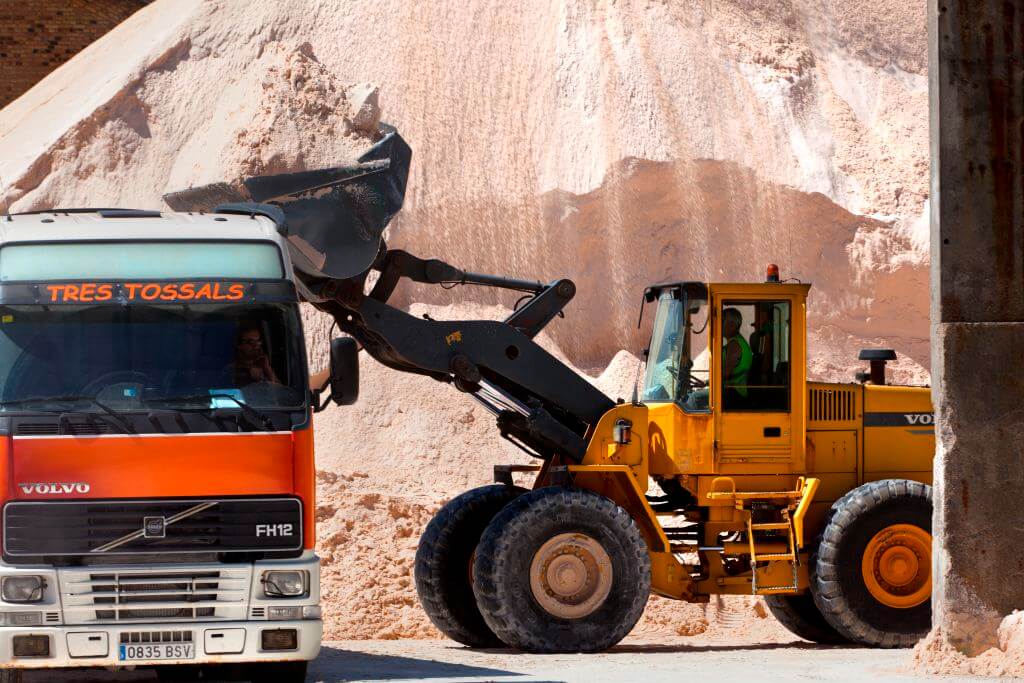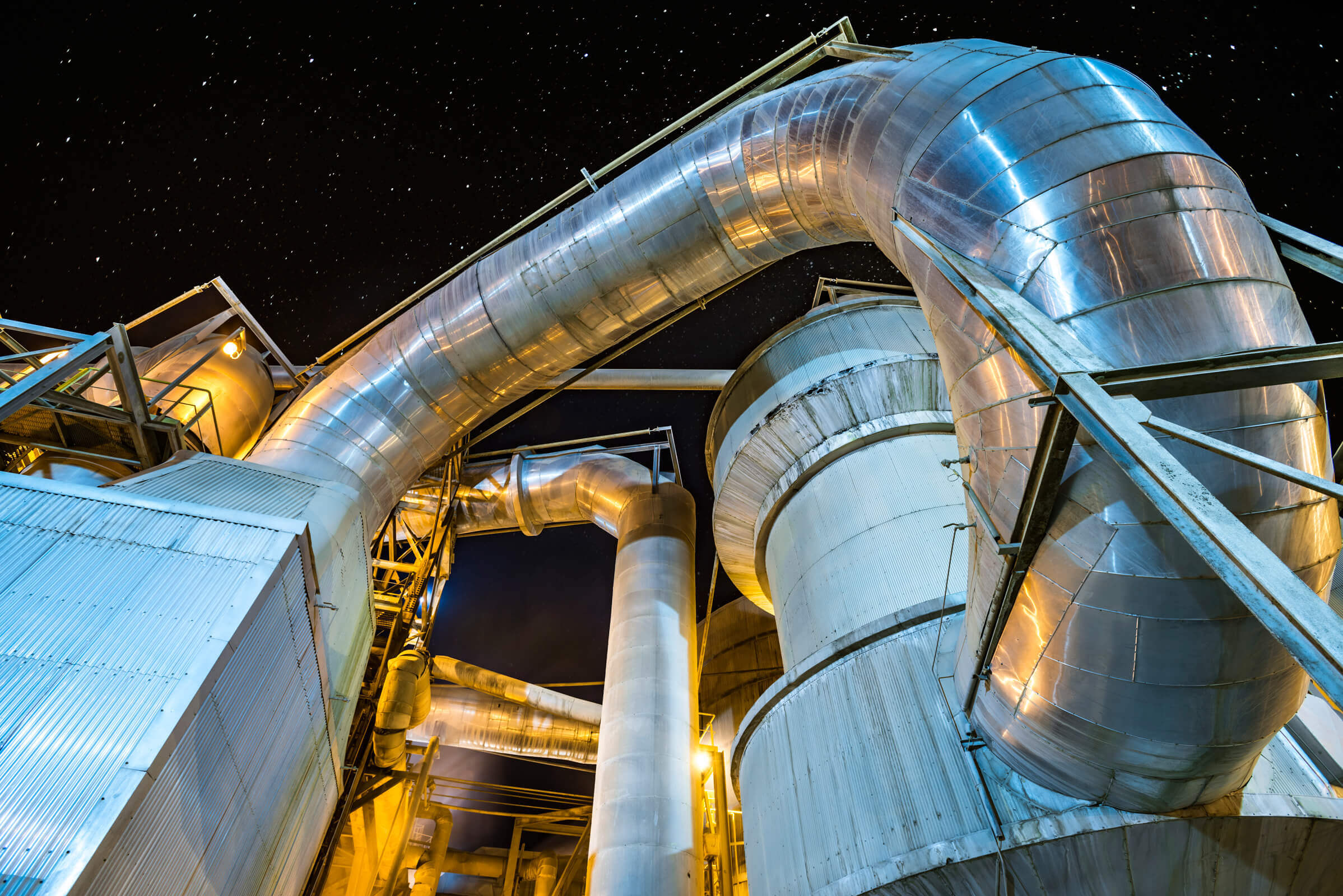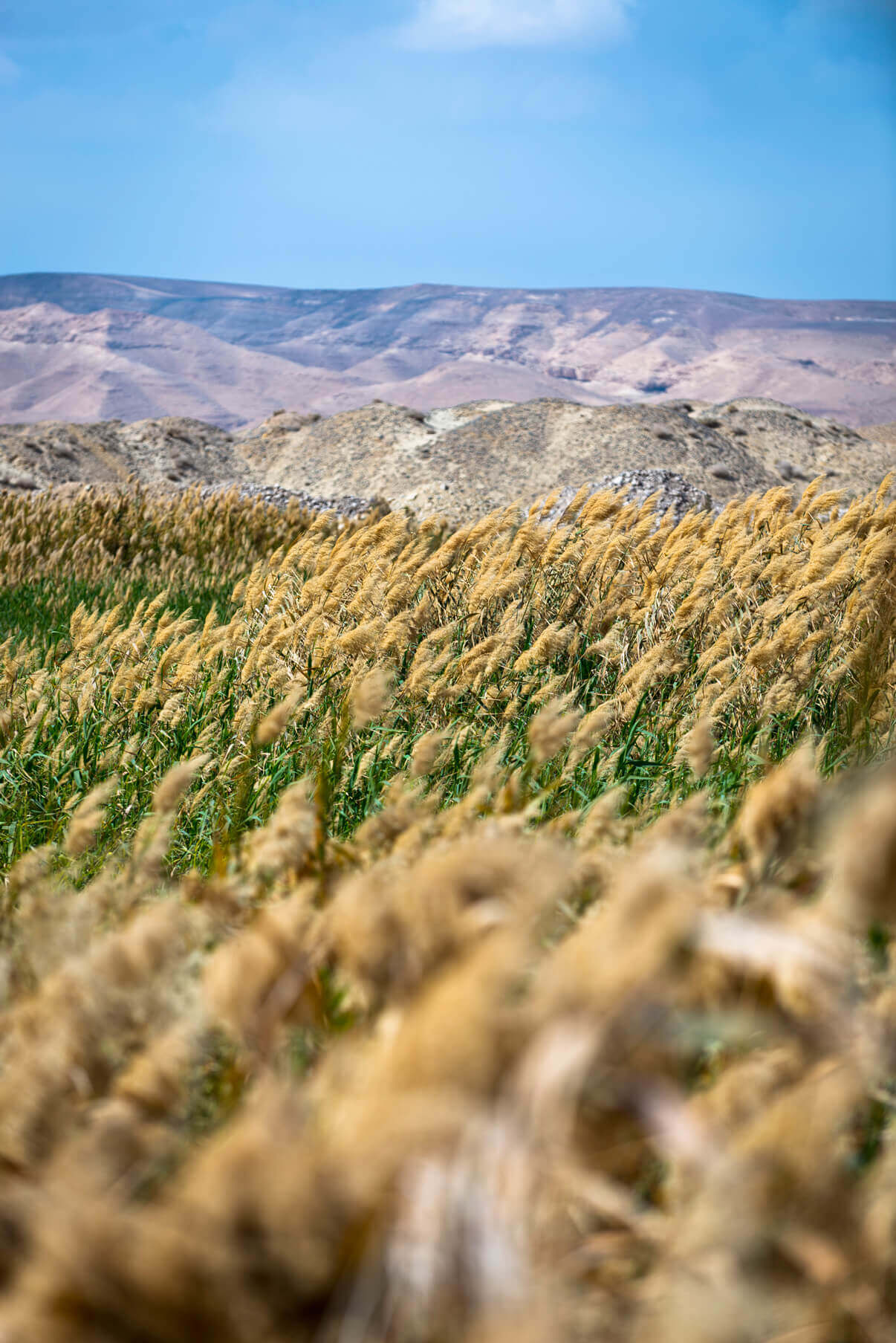
KPIs, Trends & Insights
Below are the main sustainability quantitative KPIs (Key Performance Indicators) from recent years. Analysis of KPI trends have outlined the following insights:Acquisitions/Divestments: In 2016, the data from ICL China YPH JV was integrated into the report. YPH JV is a major facility and its inclusion in the report has had major impacts on various indicators. Other sites purchased/sold since 2008 usually only had minor influences on ICL’s overall sustainability KPIs. Energy In 2017, ICL’s total energy consumption remained almost constant compared[...]















